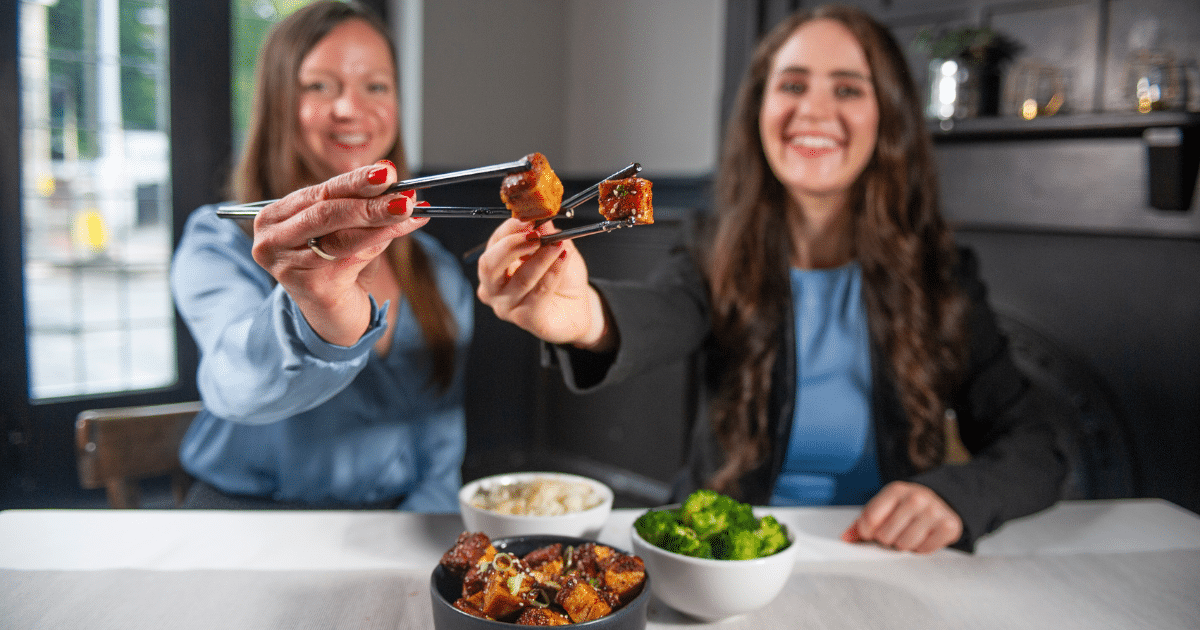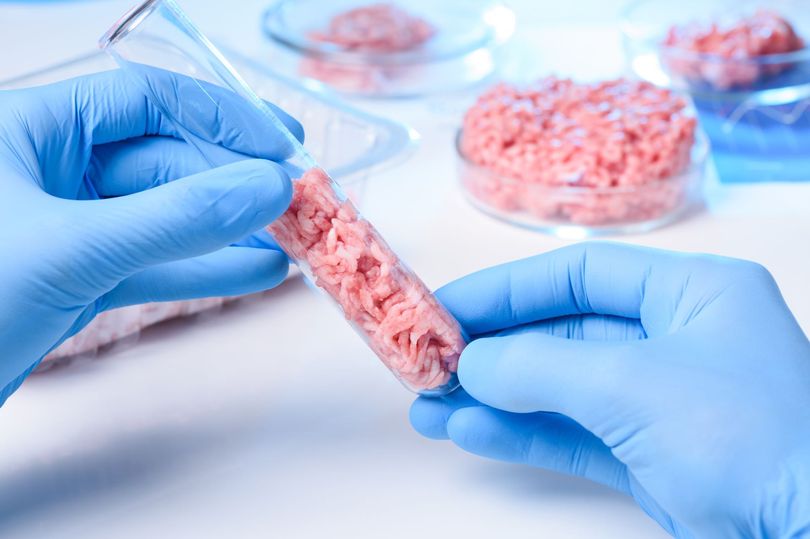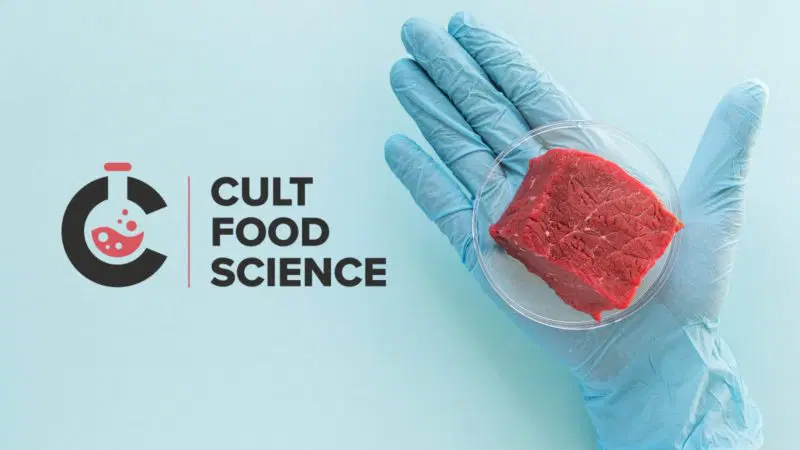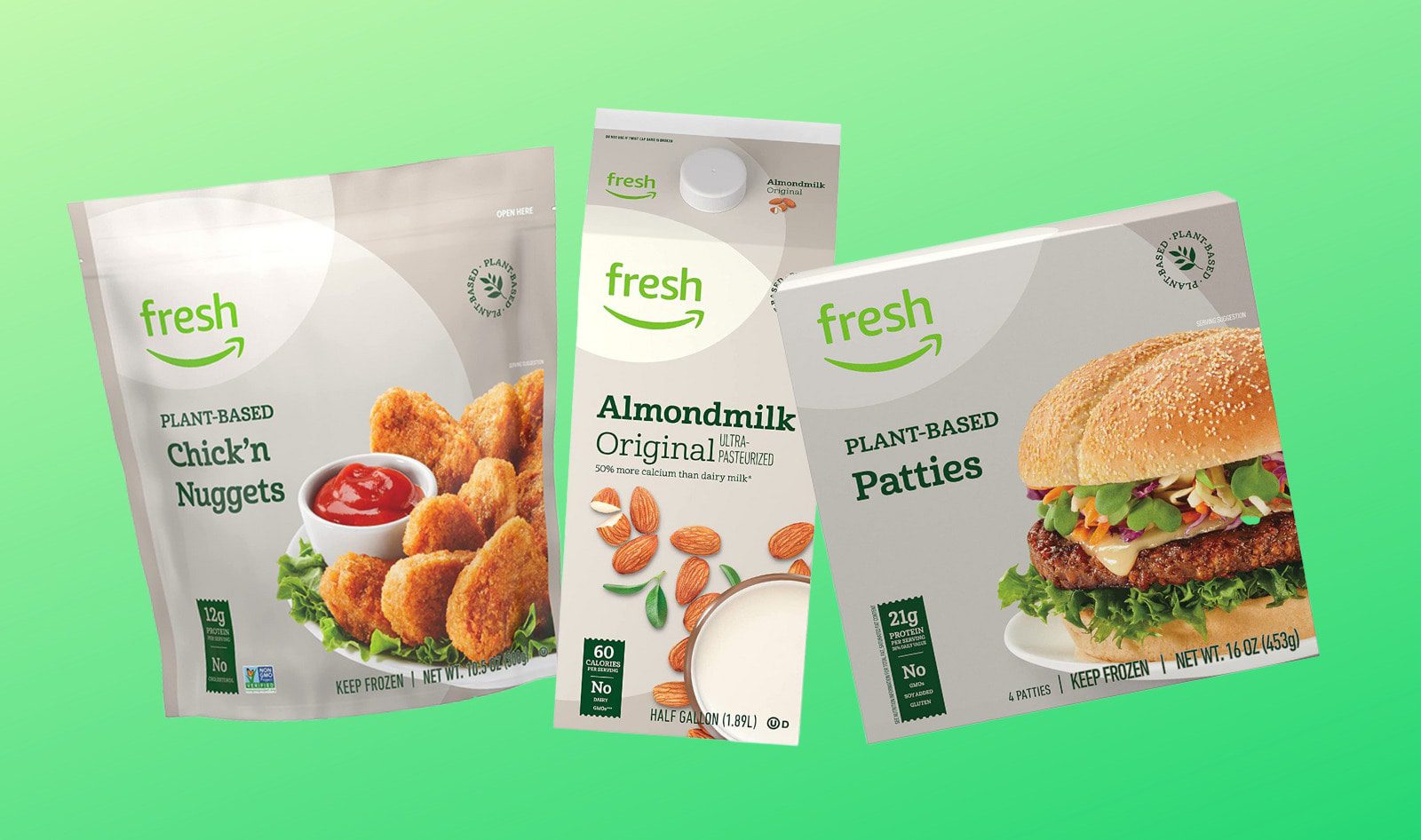Forsea Breakthrough in the Development of Affordable and Scalable Way for Eel Farming
The growing movement for sustainable seafood alternatives is being led by food technology startup Forsea, with its innovative way of cultivating eel. Recently, Forsea announced it had achieved “record-breaking” cell density within the production of its cultured eel. This achievement in cell density is expected to be critical for making affordable and scalable cultivated seafood. Because of the resource efficiency and sustainability factor, this option might disrupt the entire industry.
Forsea’s patented organoid technology represents a new standard for seafood cultivation. Setting the world record for cell density in the field, with over 300 million cells per milliliter, will bring cultivated seafood closer to mainstream availability. The “minimal and precise” use of cultured ingredients allowed Forsea to accurately copy eel protein in a way that was much too efficient and feasible for the long-term solution of providing sustainable seafood.
Importance of High Cell Density in Cultivated Seafood
High cell density is one of those critical parameters that will make clean seafood affordable. At more than 300 million cells per milliliter, Forsea has not only achieved better cell growth efficiency but also much-needed scalability of its production model. This high cell density enables the company to produce more eel protein with fewer resources, hence keeping the production cost low and the product accessible to consumers.
The capability of maximizing cell density has a ripple effect down the entire line of production. Greater cell density reduces the space and time taken to produce cultured eel, hence cutting the cost of equipment, energy, and raw materials. This makes Forsea representative in this area for the cell-cultured protein industry, of which high cell density can often be one of the biggest obstacles. This breakthrough by Forsea proves that large-scale production of cultivated seafood can be economically viable a promising future for sustainably sourced protein.
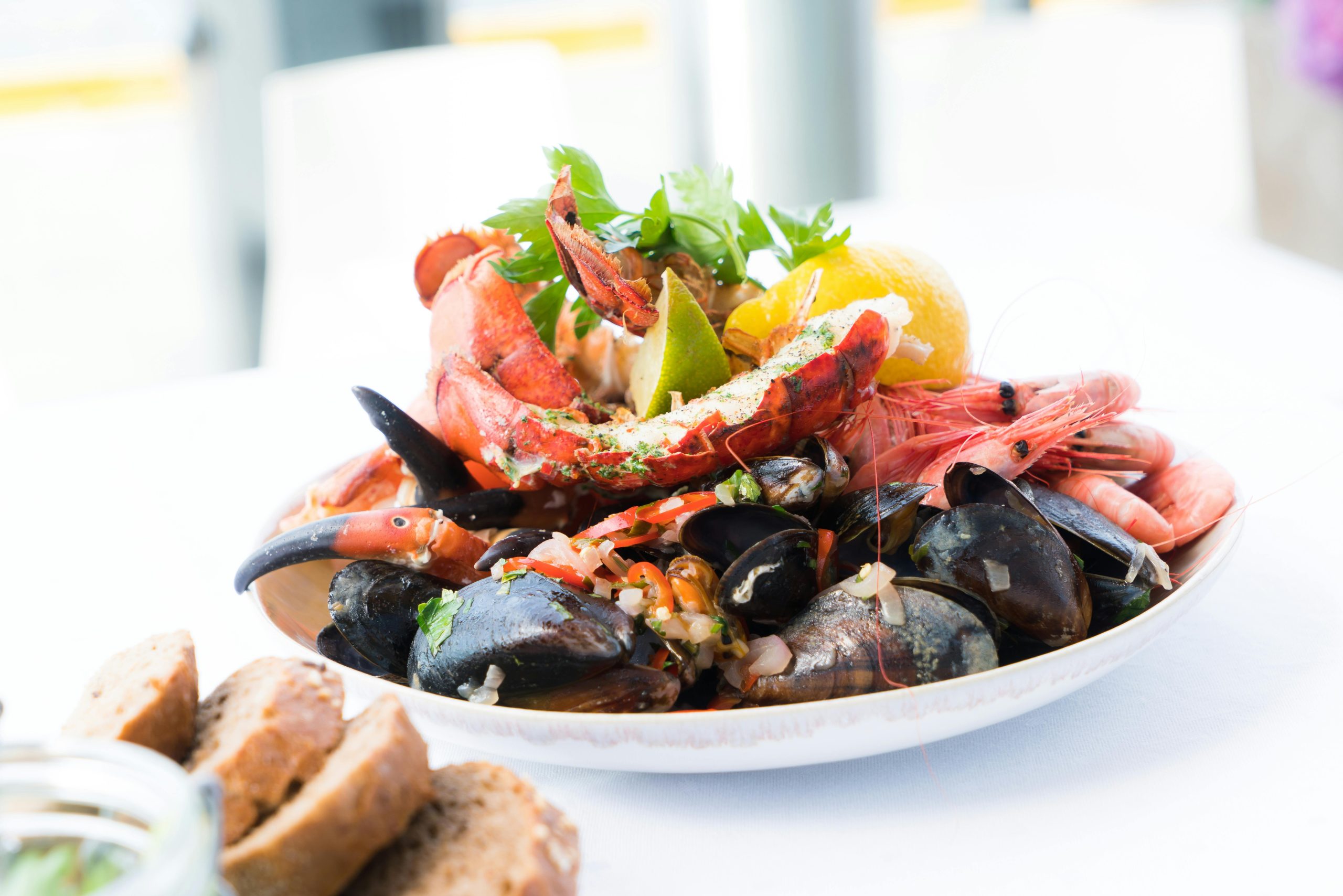
Forsea’s Organoid Technology: Setting a New Standard for Efficiency
Forsea’s patented organoid technology represents one of the leaps into the future needed by the cell-cultured seafood industry. Traditional cell culturing usually constitutes more resource-intensive, slow, and uncontrolled processes. This is the reason Forsea applies organoid technology to concentrate more viable cells and thereby better replicate the structure and texture of eel than any previous methods in the industry could do.
Organoid technology by Forsea uses as few cultured ingredients as possible in food and overall production to minimize waste and its impact on the environment. Being able to use minimal ingredients without compromising any cell integrity and growth is setting a new industrial standard for resource efficiency. The novelty underlying Forsea’s process responds to some of the main challenges of sustainability and scalability, among others of cultivated seafood production while maintaining the fidelity of taste and quality of the product to traditional eel.
Environmental Challenges with Farm-Raised Eel
Reduce Environmental Footprint of Seafood
Traditional cultivation of eels is extremely resource-intensive and often leads to serious environmental degradation, such as habitat loss, overfishing, and water pollution. Forsea’s cultivated eel offers a sustainable substitute that reduces dependence on wild eel populations and lessens pressures put on large amounts of land and water resources. Producing eel in controlled environments, Forsea removes the environmental devastation traditionally associated with aquaculture and helps preserve natural habitats with reduced ecological strain.
It also contributes to the global trend of transitioning towards sustainable food systems. Due to the growing concerns about overfishing and loss of marine biodiversity, the breakthrough at Forsea marks one sure step toward responsible consumption. With its cost-effective and eco-friendly cultivated eel product offering, Forsea meets demands for sustainable seafood options without compromising the health of our oceans.
Sustainability in the Seafood Supply Chain
Forsea’s development of cell-cultured eel is part of the greater trend toward sustainability in seafood. Resource efficiency and minimal ingredient use are part of a worldwide push to lower the carbon footprint of food production. Giving fresh options to scaling, environmentally-friendly alternatives to traditional eel farming, Forsea will be leading the shift in industry standards toward practices focused on sustainability and conservation of resources.
Seafood cultivation may have potential beyond these actual environmental benefits. Forsea’s work in eel production also acts as a model for other companies in the food tech industry. Setting new standards for cell density and resource efficiency, Forsea proves it possible to have a business model at profitability while still caring for the environment. And as other companies are following suit, the seafood industry as a whole just may undergo some transformative shift towards sustainability.
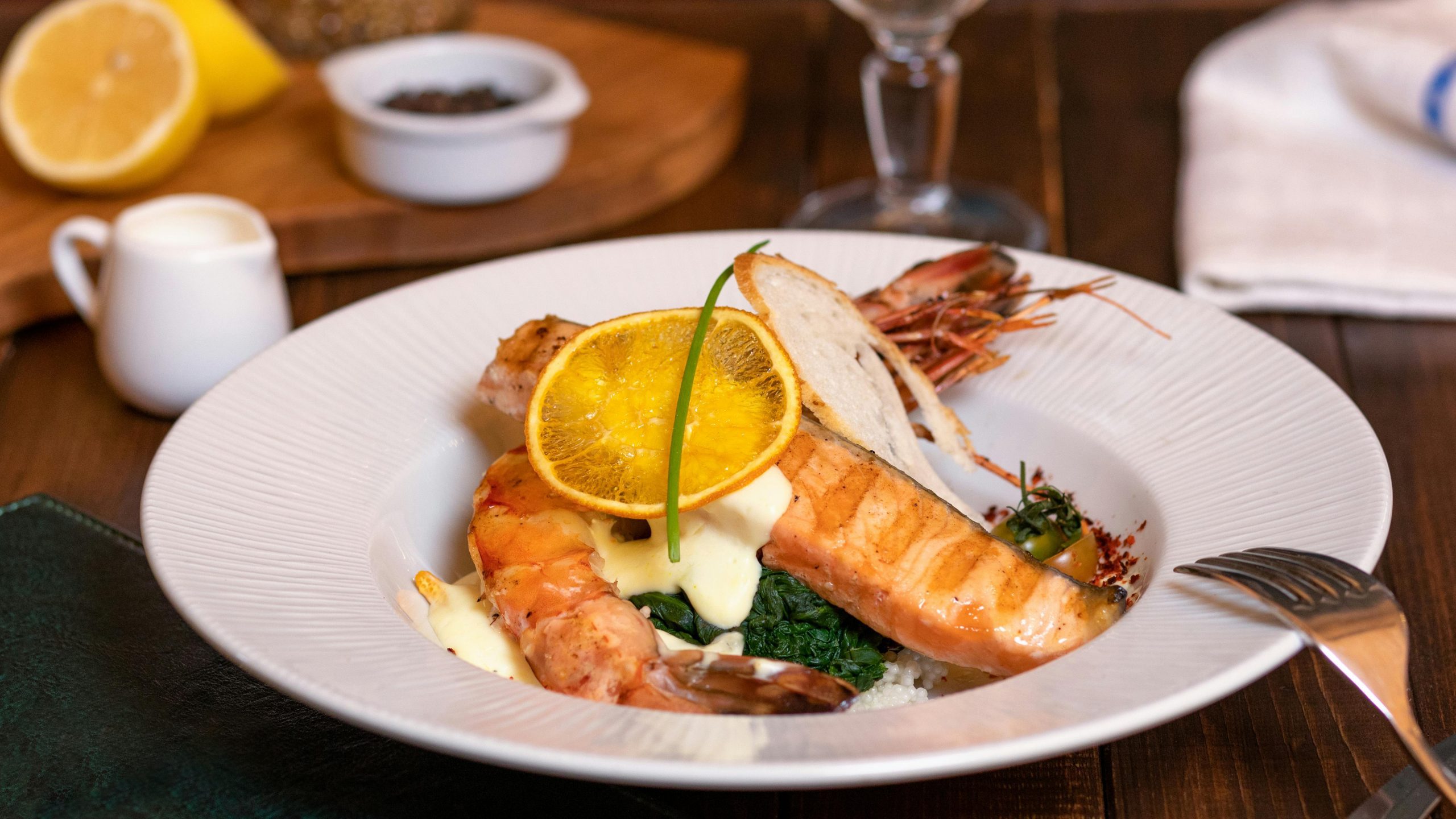
Scaling Up Production to Make Access and Affordability of Cultivated Eel Possible
Overcoming Challenges of Mass Production
Cell-cultured seafood production is traditionally hard to scale up since the process is expensive, with low technological capabilities. However, improvements in cell density and organoid technologies at Forsea represent a pathway toward overcoming these challenges. With record cell density, Forsea will increase production efficiency while reducing reliance on costly resources, thereby minimizing overall costs. This development will further enable Forsea to cultivate eel at scale with market demand and give better access to the product for consumers.
The scalability of their model has major implications for the industry of cultivated seafood, too. Once it can proven that cell production works at high density, similar practices may be widely adopted by companies to create all manner of Cell-cultured seafood products. Until now, the success by Forsea just proved scaling of cultured seafood was possible, and opened a way to affordably and sustainably source seafood by consumers globally.
Scaling Up Market and Consumer Adoption
While Forsea fine-tunes its production, the company is also expanding into more markets. The affordability and sustainability of the cultivated eel could open up all sorts of different consumers, including that segment of the population focused on finding a more environmentally responsible alternative to traditional seafood. By making the option of cultivated eel accessible and affordable, Forsea is in a good position to cut out an important segment of the seafood market and spur some growth within the cell-cultured protein industry.
Consumer acceptance is crucial to the success of any cultured seafood. By focusing on emulating the taste, texture, and nutritional profile traditional eels offer, Forsea can help ensure its product meets consumer expectations. As consumers increasingly learn more about the environmental and ethical benefits of cell-cultured seafood, Forsea’s eel could become a go-to choice for responsible dietary choices among people. With its potential to supply consumers in large volumes, the innovative approach of Forsea is likely to affect future trends in the industry.
Forsea and the Future of Cultivated Seafood: How The Company is Poised to Transform the Industry into Sustainability
Sustainable Seafood Production: Forsea Leads the Way
With its advances in cultivated eel production, Forsea moves into the front rank of sustainable seafood. In developing a scalable and cost-effective method to produce cell-cultured eel, Forsea is setting a new standard for the industry. The company’s successes underscore how cultured seafood could soon become a mainstream choice that can meet consumer needs and spare the resource-depleting demands that conventional seafood places on an already overburdened environment.
In fact, as Forsea continues to innovate, the rest of the field of cultured seafood will also continue to adopt similar methods and achieve similar efficiencies. The success of Forsea proves that cell-cultured seafood is not only viable but also commercially feasible and will enable a future where sustainable seafood is widely available and widely accepted. The work carried out by the company testifies to what innovation can do towards global challenges that range from overfishing to environmental degradation.
Cultivated Seafood Shaping the Future of Food
The Forsea cultivated eel is a transformational leap into the future of food. As consumers increasingly learn about environmental and ethical concerns in the production of traditional seafood, demand for alternatives such as cell-cultured seafood is poised for growth. Forsea’s achievements with cell-cultured eel not only satisfy this demand but also set a new gold standard for sustainability, affordability, and scalability in the food industry.
By making eel farming affordable, scalable, and sustainable, Forsea Foods is carving a future of food compatible with global goals related to the conservation of natural systems and responsible consumption. What it has created could remake the seafood industry and point toward a future where cultivated-seafood plays a central role in the global food supply. As the reach of Forsea grows, and technology is fine-tuned, so too does the reality of a future whereby sustainable seafood is the rule and not the exception.
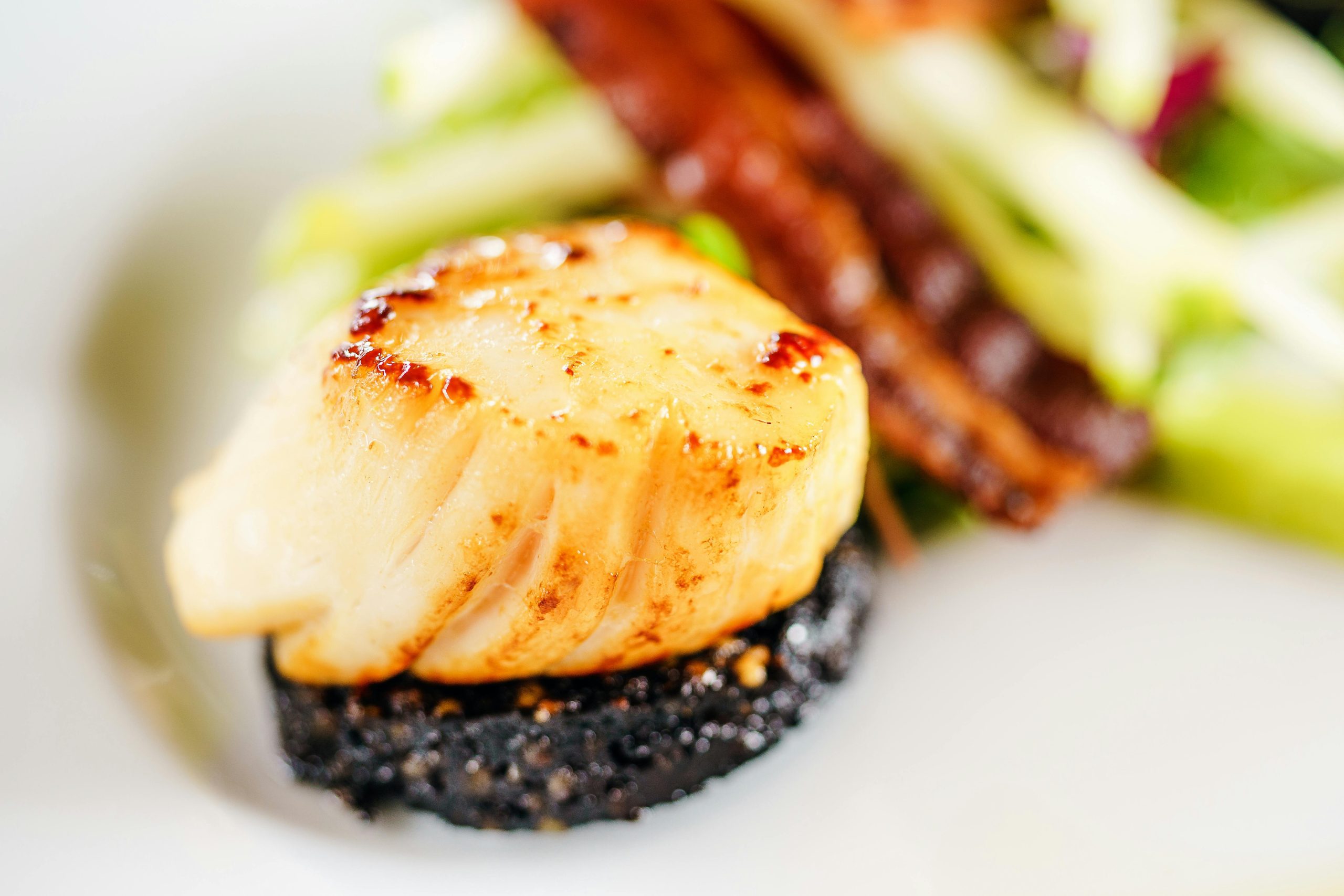
Conclusion: Forsea’s Vision for Sustainable and Accessible Seafood
The cell density of Forsea’s cultivated eel sets a new record in the field of cell-cultured seafood. Using the latest technology in organoids and a philosophy of using as few ingredients as possible has enabled Forsea to create a cost-effective, scalable process representing a leap in the mainstream production of sustainable seafood. This makes Forsea not only underline environmental targets but also places it at the very front line in terms of active responsibility in food production.
We continue to forge a new frontier in the future of seafood: one where top-tier, sustainable options abound, flavor and the planet uncompromised. In the greater seafood industry, the work being done by Forsea constitutes one of the few beacons of progress toward such a time when cultivated seafood would become the usual consumer pick across the world. Forsea is pioneering innovation and sustainability, changing the course for food industries to believe that a seafood future can be sustainable, scalable, and affordable.





